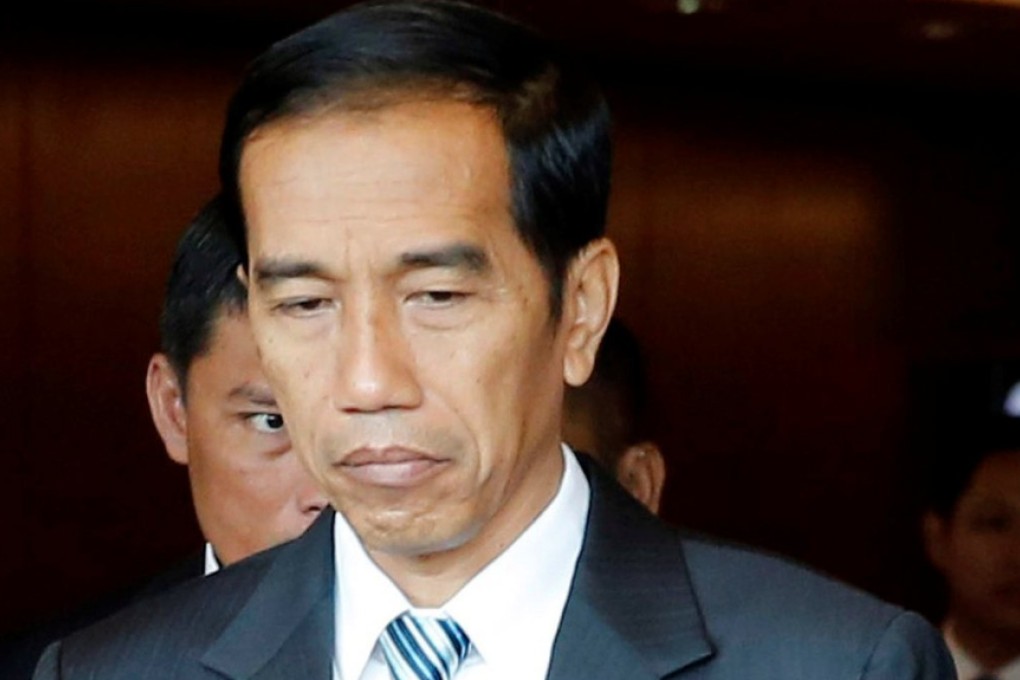In wake of executions in Indonesia, open, respectful debate needed on capital punishment
Indonesia, like all but a handful of Asian nations, uses capital punishment to deter people from committing the worst crimes.

Indonesia, like all but a handful of Asian nations, uses capital punishment to deter people from committing the worst crimes. President Joko Widodo contends that his country has a serious drug problem and has sped up execution of convicted traffickers on death row, the majority of them foreigners. The deaths by firing squad on Wednesday of eight convicts, among them two Australians, a Brazilian and four Nigerians, had been expected, but governments had held out hopes that their nationals would be given clemency. Their angry responses, including diplomatic and threatened sanctions, fail to take into account the realities.
Australia immediately recalled its ambassador after learning of the execution of nationals Andrew Chan and Myuran Sukumaran, members of the so-called Bali Nine, a gang who had been on death row for 10 years. One of the drug smugglers, a Filipina, was unexpectedly given a last-minute reprieve and sent back to prison. Australian Prime Minister Tony Abbott said the deaths were "cruel and unnecessary" and Foreign Minister Julie Bishop and opposition leader Bill Shorten suggested a campaign against capital punishment. Some people have called for tougher measures including cutting off aid and trade.
Nations have to respect the laws, culture and values of others. The traffickers knowingly took the risk of transporting drugs through a country that considered their actions a crime punishable by death. Nothing is to be gained by protesting, threatening or turning to sanctions. Lecturing and bullying will harden resolve, not elicit change.
If governments find a particular policy unacceptable, their most fruitful response lies in lobbying. Many Australians object to the death penalty, but that is not the case among Indonesians. To be persuasive, though, there has to first be a convincing argument as to why capital punishment is wrong, and for now the world is sharply divided. Only through open discussion, debate and years of coordinated effort by like-minded groups is there a chance of a rethink. To expect minds can be forcibly changed is to lack understanding and respect.